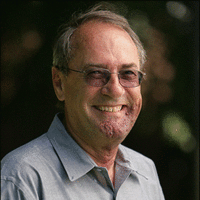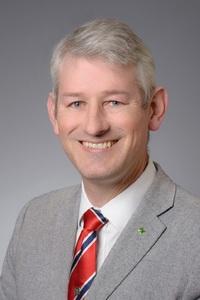Dr. Janos Sztipanovits is currently the E. Bronson Ingram Distinguished Professor of Engineering at Vanderbilt University. He is founding director of the Institute for Software Integrated Systems (ISIS). His current research interest includes the foundation and applications of Model-Integrated Computing for the design of Cyber Physical Systems. His other research contributions include structurally adaptive systems, autonomous systems, design space exploration and systems-security co-design technology. He served as program manager and acting deputy director of DARPA/ITO between 1999 and 2002 and he was member of the US Air Force Scientific Advisory Board between 2006-2010. He was founding chair of the ACM Special Interest Group on Embedded Software (SIGBED). Dr. Sztipanovits was elected Fellow of the IEEE in 2000 and external member of the Hungarian Academy of Sciences in 2010. He graduated (Summa Cum Laude) from the Technical University of Budapest in 1970 and received his doctorate from the Hungarian Academy of Sciences in 1980.
This proposal outlines a Workshop for Aspiring PIs in Cyber-Physical Systems. The invitation-only workshop will take place over 1.5 days, and include early-career researchers with interests in cyber-physical systems who have not previously been funded by the NSF CPS solicitation but who have submitted proposals. The workshop will help aspiring PIs understand what NSF (and importantly, the panels convened by NSF) are expecting to see in a successful CPS proposal.
Dr. Jonathan Sprinkle is a Professor of Computer Science at Vanderbilt University. From 2007-2021 he was with the faculty of Electrical and Computer Engineering of the University of Arizona, where he was a Distinguished Scholar and a Distinguished Associate Professor. He served as a Program Director at the National Science Foundation from 2017-2019 in the Computer and Information Science and Engineering Directorate, working with programs such as Cyber-Physical Systems, Smart & Connected Communities, and Research Experiences for Undergraduates.






